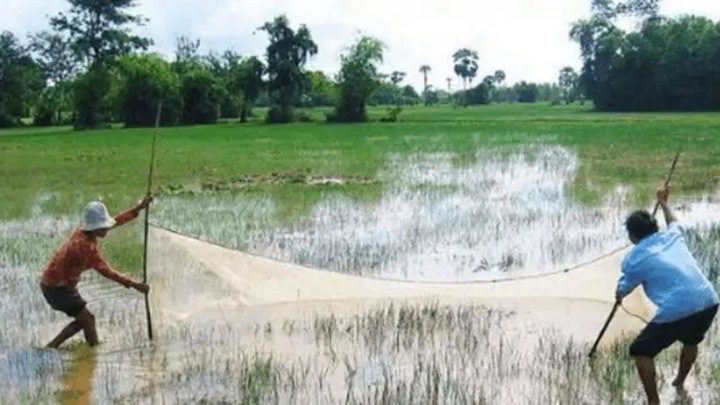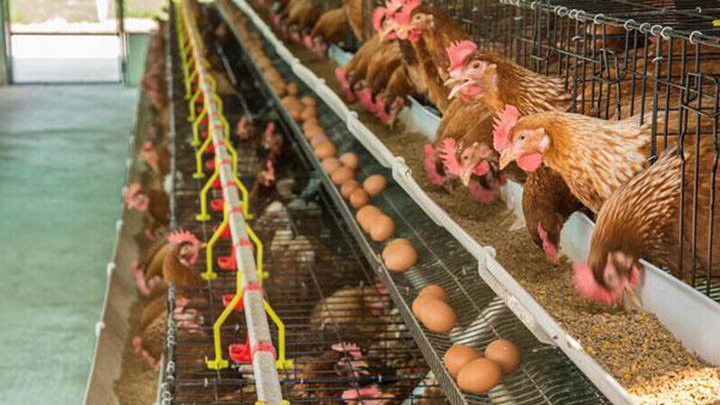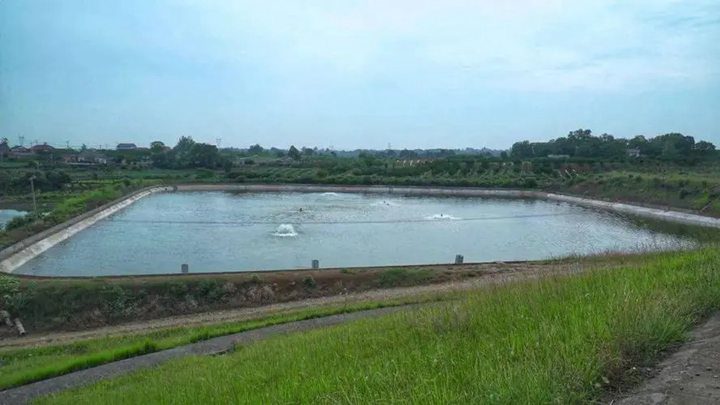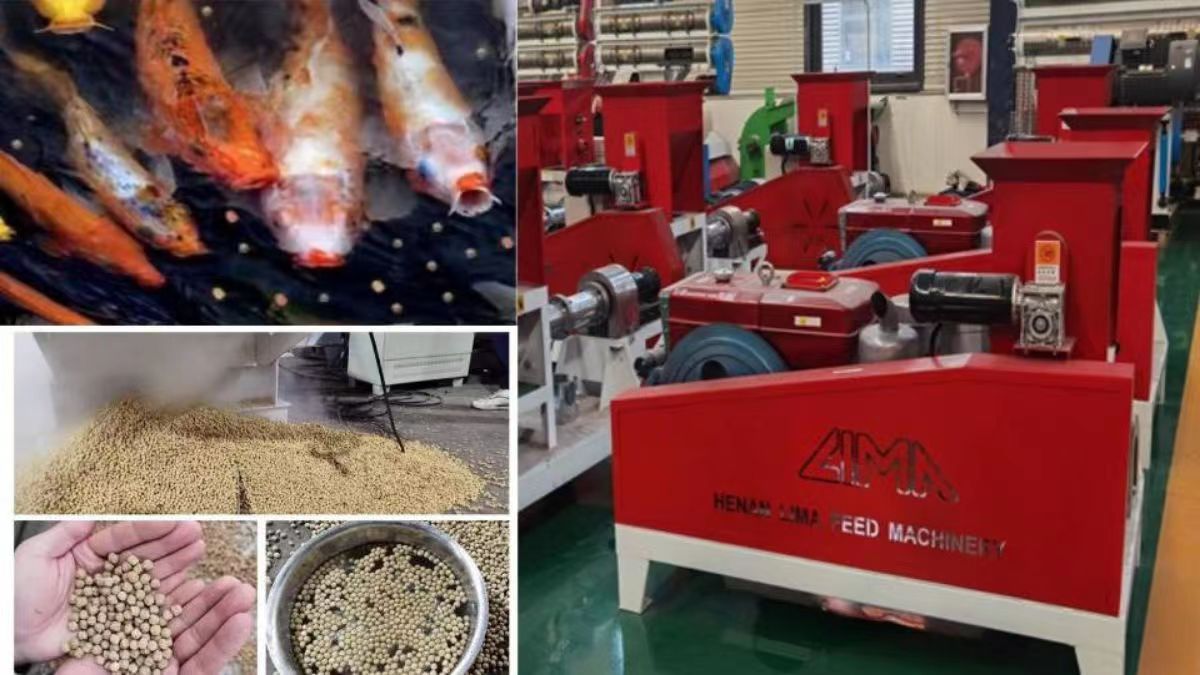Aquaculture simply means the farming of fish and other marine organisms. It principally involves the civilization of freshwater and saltwater creatures in a controlled environment. The practice of fish farming isn’t the same as harvesting seawater fish. Harvesting of seawater fish is known as fishery, while farming of fish in culture is called aquaculture. Aquaculture is rehearsed in all regions of the country, but the most active ones are the South East, South West, and North Central regions of Nigeria.
Prospects of Fish Farming in Nigeria
Original product of high-quality floating fish feed using original constituents has to be encouraged. Also, the use of extruded floating fish feed comes with a host of advantages in terms of digestion, growth, water protection, zero water pollution, optimized labor operation and zero destruction of raw materials.
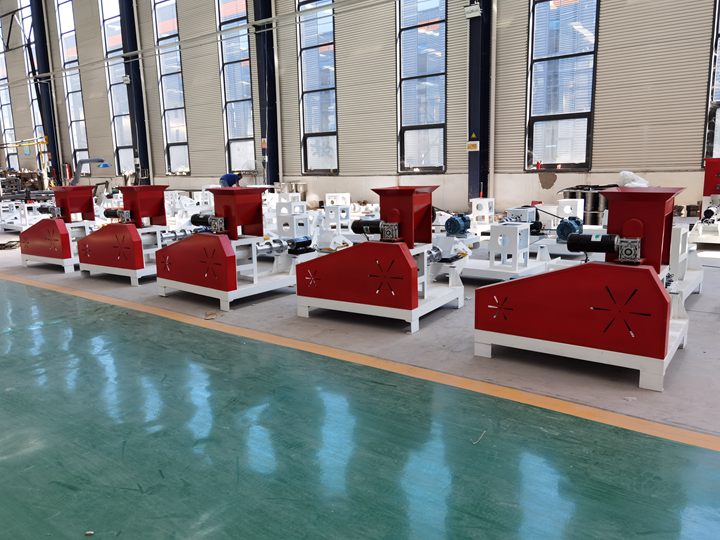
With further advanced fish feed pellet machines, it’ll affect a blooming prospect in fish farming in Nigeria. The following indicators show the good prospects for the fish husbandry business in Nigeria.
High Demand/ Consumption
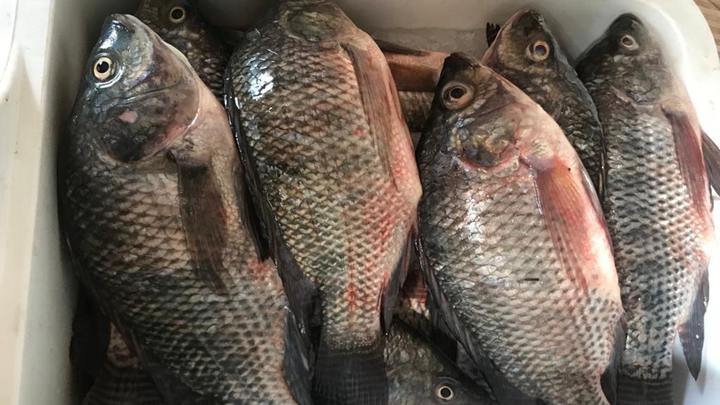
Moment, Nigeria is the largest request for fish products in Africa. inquiries have revealed that fish husbandry is the only way to ground the gap between total fish demand and total domestic fish product. According to these inquiries, Nigeria went into fish husbandry as a result of a drop in force from ocean fish due to overfishing, consumer population increase, territory destruction and pollution.
High Consumer Population
Nigeria is the most vibrant public in Africa and 7th in the world with a population of about 206 million people and 3 ‰ periodic population increase protuberance. Fish is a ménage food commodity, a cheap source of protein in Nigeria. It’s recommended as cover for red meat for the aged and people with some medical conditions. nearly 100 of this population consumes fish of different species.
Decrease in Supply from the Submarine Natural Habitat
There has been a nonstop drop in force of fish from seawater. Only Lagos and many other countries in the riverine areas still produce fish through fisheries, while Nasarawa State is leading in monoculture( fish husbandry), according to National Bureau of Statistics 2020 data. mortal conditioning like water bodies population venoms and kill submarine lives. Land recovery due to urbanization is shrinking space for submarine lives. Fisheries are no longer contributing much in terms of original fish products.
Huge Original product and force deficiency
Nigeria consumes about 2.97 million metric tons of fish per time but produces only about 1.07 million metric tons annually leaving a huge deficiency of about 1.9 million metric tons to importation with an import bill of $1.2b. Indeed 1.07 million metric tons are produced locally, only about,231 are produced through monoculture, and about,828 metric tons are through fisheries.

The huge force deficiency of about 1.9 million metric tons annually presents business occasions for original fish growers and investors in the fish sector.
Government Support
Unlike numerous other sub-sectors in the husbandry sector, the fish husbandry value chain enjoys government support in Nigeria at civil, state and original government positions. The Anchor Borrowers Program of the Central Bank of Nigeria gives further credit installations to grope and cassava growers. The Central Bank of Nigeria through its colorful intervention programs has extended its installation. Under the commodity development action, CDI, the bank has expended an aggregate of N500m to 40 companies and over1,000 growers across the nation. This intervention has led to the periodic proliferation of 200 metric tons substantially through fish husbandry.
Nigeria Fish Species
Nigeria brackish bodies fishes also do well under culture. Some other species that inhabit the marine environment are also dressed in brackish water( admixture of ocean and freshwater lagoon) or freshwater( swash, sluice, lake inland).
Start fish farming in Nigeria
There you have the conclusion. Indeed there’s a guaranteed future for fish husbandry in Nigeria. There’s a ready, larger, and expanding market for the fish husbandry business. However, don’t vacillate, go ahead, If you’re allowed of venturing into the fish husbandry value chain in Nigeria. Fish husbandry is a profitable business in Nigeria.
Lima feed machinery has been working in the feed farming industry for more than ten years, as the professional manufacturer and exporter of feed equipment. We specialize in the production of fish feed extruders, poultry feed pellet machines, and corresponding production lines. If you have any questions about the feed pellet industry, please feel free to contact us.

